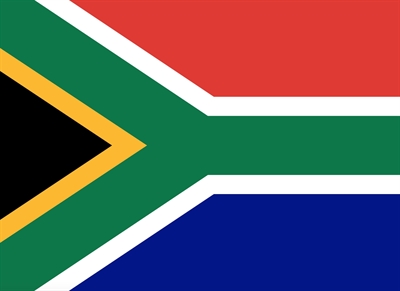South Africa - Committee on Economic, Social, and Cultural Rights - Racial Discrimination and Equality - August 2017
Country: South Africa
Type: Intl Mechanism Submission
Issues: Economic, Social and Cultural Rights, International Advocacy, Minority Rights, Racial Justice, Workers' Rights
Mechanism: UN Committee on Economic, Social and Cultural Rights
Report Type: List of Issues
The Advocates for Human Rights, together with the Camissa Movement for Equality, submitted a suggested list of issues relating to the rights of Coloured people to the Committee on Economic, Social and Cultural Rights for the 61st Pre-Sessional Working group of the Committee on Economics, Social and cultural Rights (9 October - 13 October 2017).
South Africa has a long history of de-facto and legalized discrimination against the Coloured community, a distinct ethnic group composed of mixed-race individuals. Following the Apartheid regime, the African National Congress embedded a system of affirmative action into the 1994 Constitution and passed the Employment Equity Act of 1998 (EEA). Both policies were designed to eliminate discrimination, establish equal economic opportunity, and ensure that qualified employees from designated minority groups are equitably represented in all sectors of the workforce. While companies were originally obligated to comply with just one of five provisions included in the EEA, amendments of the legislation have removed all provisions except demographic profile. As a result, employers are now required to adhere to strict “target percentages" in employment plans. Contrary to the original intent of these policies, numerical targets exclude rather than include members of the Coloured community, because local employers often meet targets based on national rather than regional demographics, resulting in local underrepresentation of Coloured people in the workforce.
South Africa ratified the International Convention on Economic, Social and Cultural Rights (ICESCR) in 2015, yet falls short of protecting the right to work, right to an adequate standard of living, and cultural rights for the Coloured community. Strict numerical demographic targets prevent equity in employment and violate a Coloured person’s right to work. Additionally, the South African Government has not yet met the population’s affordable housing needs. Notably, human rights defenders report that neighborhoods with high percentages of Coloured people are overcrowded and filled with semi-permanent structures, indicating that Coloured people have the least access to affordable housing and standard of living. Lastly, Coloured people are severely underrepresented on South African Broadcasting Corporation (SABC), the state sponsored media company. Specifically, SABC does not fund any programming geared towards the Coloured community, and does not employ Coloured people as sources therein violating the colored community’s cultural rights.




